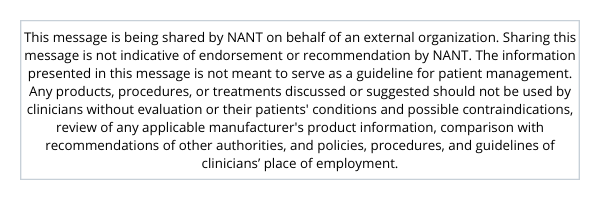In a therapist’s very first meeting with the tiniest of humans and their families, dreams are built and goals are established. The Neonatal Intensive Care Unit is buzzing with experts with a wealth of knowledge in their individual professions, all called together as an interdisciplinary team ready to support each infant. As clinicians, we round daily to discuss the findings of progress, new hurdles, and strategies to guide babies to the goal of “safe and early discharge home.” And who doesn’t love it when those sweet NICU graduates return for a visit to update us all on their lives as they’ve grown?! We celebrate in the success of a journey to a healthy child. All that we do as neonatal therapists is a stepping-stone towards the hope and goal of positive outcomes for a thriving infant.
From an infant’s entry into the NICU, to the progression of the long-term feeding goals achieved in the outpatient setting, themes to support positive breastfeeding outcomes for the infant have become increasingly apparent. At the top of that list of themes is, “Was this infant supported through education of the parent?” When caregivers are included in care of the neonate, they are much more likely to feel confident at time of discharge.(1,2) As NICU therapists, we might ask ourselves these questions:
-How well do the parents know the developmental milestones of feeding, signs of stress, and strategies to improve feeding for the infant?
-If the goal is stated as “breastfeeding,” how is Mom supported?
-Does my unit have an IBCLC that rounds daily, or do mothers have to ask for help to receive it?

Therapy is most beneficial when early intervention and education is afforded; like preventive care versus reactive to a problem that could have been avoided.(3) To achieve success in breastfeeding, the NICU must guide mothers AND infants in the breastfeeding journey by offering the mother short-term and long-term goals for pumping, flange fitting, milk production, and overall breast health. Resources for moms in the journey of infant feeding MUST be just as accessible as those resources for the infant. In addition, a feeding plan for transition to home and outpatient infant follow up must be available to assure the progression of infant feeding development continues in the home setting.
The other resounding theme to achieving success for infants’ skill of breastfeeding is to offer breast ONLY as infants’ first feeds(4) and then CONTINUE that therapist-supported practice, as Mom desires. The protected time for infant and mother starts with positive oral care and skin-to-skin time, grows to nuzzling, then latching, and building toward nutritive suck-swallow-breathing with feeding.(5) Any skill must develop through positive practice experience (free of stress cues) while allowing repetition for learning to achieve improved neurobehavioral responses.(6) Infant feeding at the breast allows for improved autonomic stability and should be supported within the NICU setting.(7)
How can we support both the infant goal of safe and early discharge and a mother who desires to breastfeed? This dual goal is achieved by empowering the mother to recognize her infant’s abilities at breast by noting differences in nutritive versus non-nutritive suck, and the oral-motor and sensorimotor skills required to achieve milk transfer. A mother must be supported in her role by establishing and understanding milk supply expectations to meet the baby’s needs. A mother, through therapeutic intervention with a skilled feeding therapist with lactation expertise, can be guided to improve knowledge on infant’s positioning and postural support to maximize on latch success. Breastfeeding success MUST INCLUDE THE MOTHER, and comes from the grit to persevere through pumping, practice, and infant development. This should be combined with grace in understanding that infant feeding is developmental, with patience in knowing that varying amounts of time exist for that feeding skill to be mastered.
View References here.
For more information on the ‘grit and grace’ of breastfeeding the NICU Infant, tune in to Dr. Brown’s Medical August webinar by registering HERE.
(Did you know? The Infant-Driven Feeding™ Program supports breastfeeding success and recommends first oral feedings at the breast. To learn more about how your unit can incorporate IDF™ go to www.drbrownsmedical.com.)


